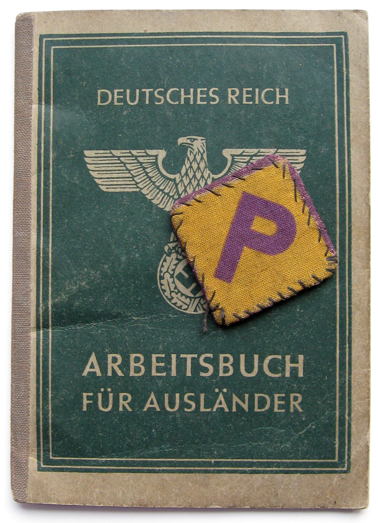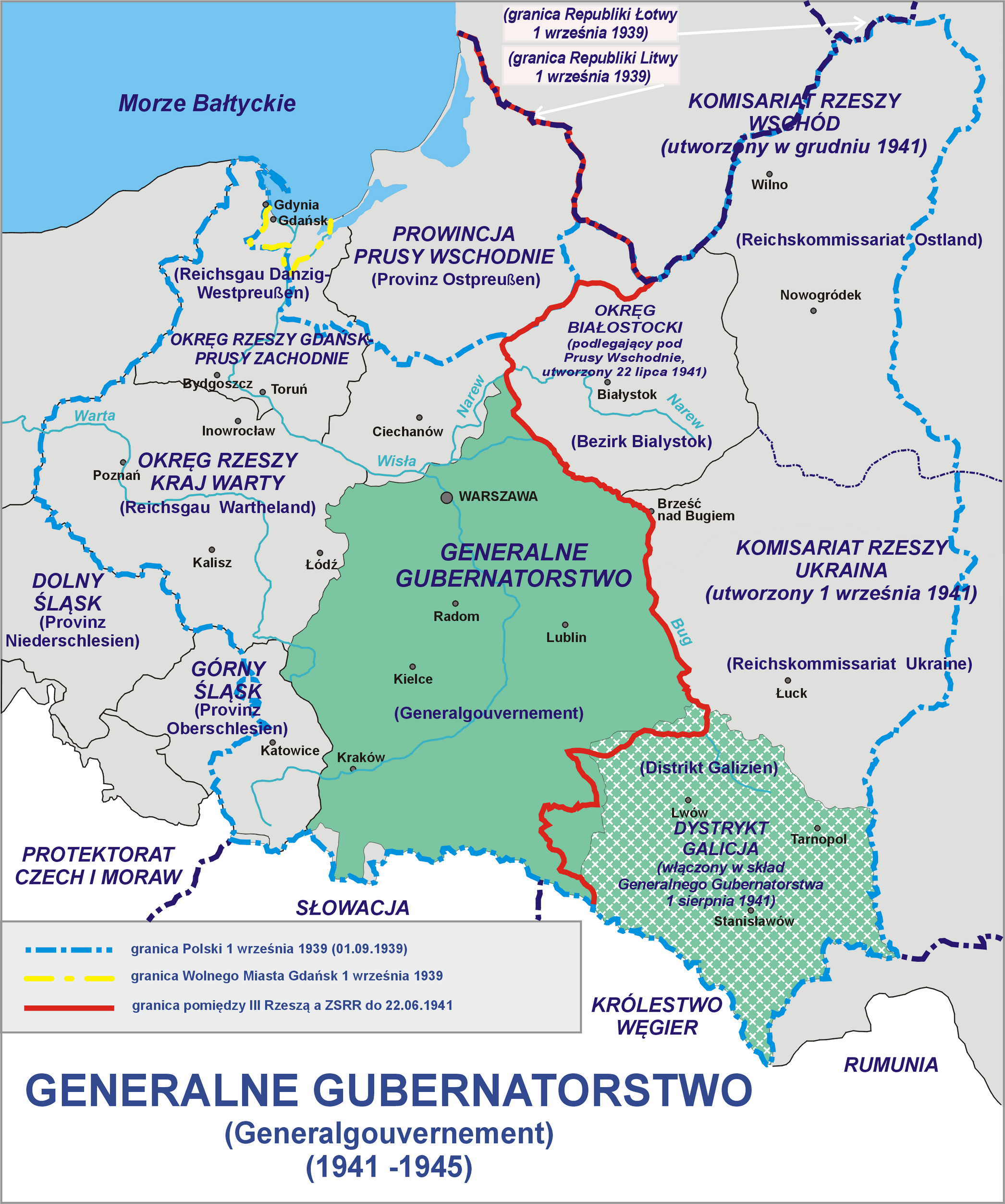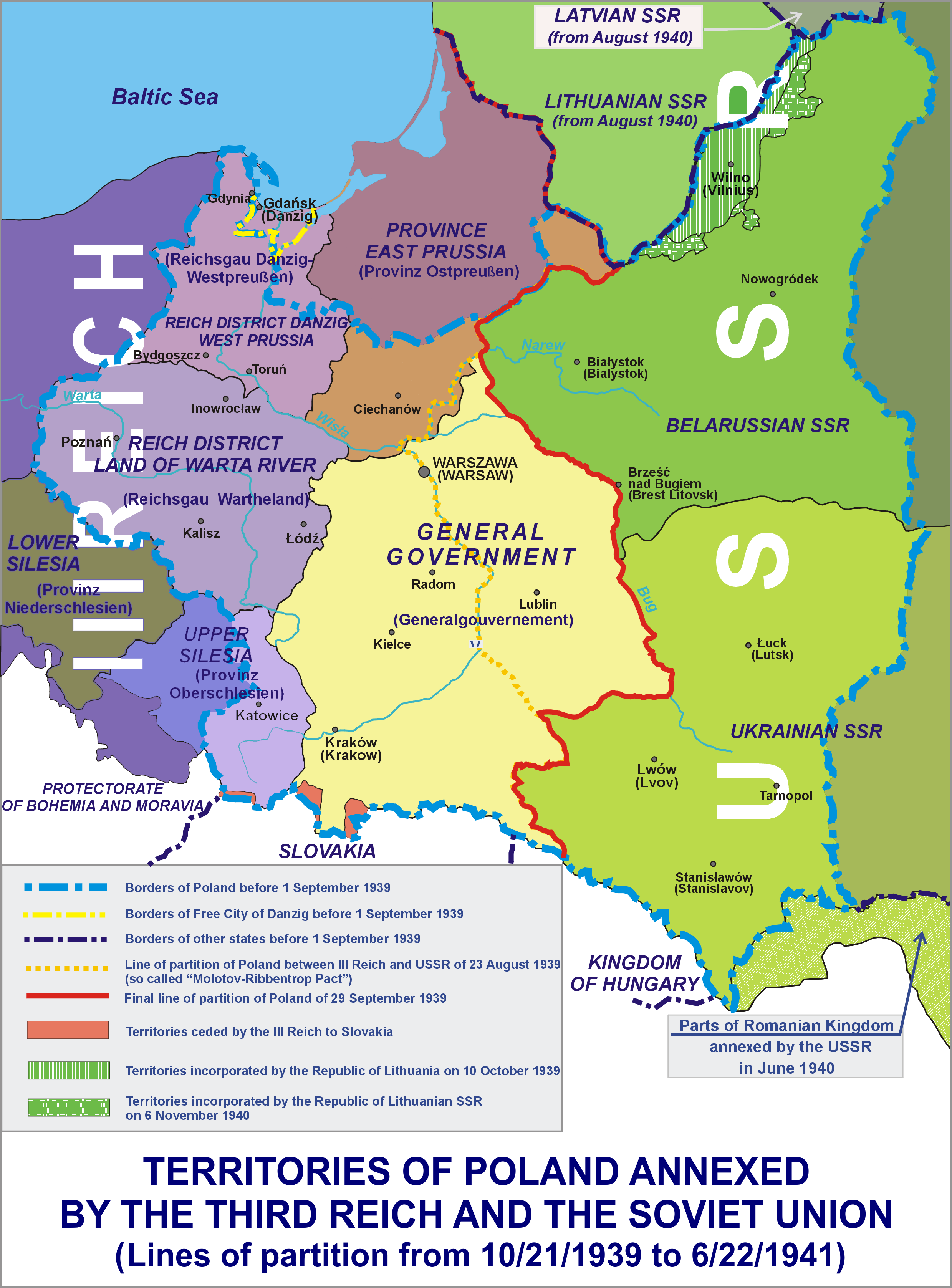|
Ňöliwiny, Pomeranian Voivodeship
Ňöliwiny is a village in the administrative district of Gmina Tczew, within Tczew County, Pomeranian Voivodeship, in northern Poland. It lies approximately south of Tczew and south of the regional capital GdaŇĄsk. It is located within the ethnocultural region of Kociewie in the historic region of Pomerania. History Ňöliwiny was a possession of the city of Tczew, administratively located in the Tczew County in the Pomeranian Voivodeship of the Kingdom of Poland. During the German occupation of Poland (World War II), in 1941, the ''Einsatzkompanie Gotenhafen'', ''Schutzpolizei'' and SS carried out expulsions of Poles, whose houses and farms were then handed over to German colonists as part of the ''Lebensraum'' policy. Expelled Poles were enslaved as forced labour and sent either to German German(s) may refer to: * Germany, the country of the Germans and German things **Germania (Roman era) * Germans, citizens of Germany, people of German ancestry, or native speakers of the ... [...More Info...] [...Related Items...] OR: [Wikipedia] [Google] [Baidu] |
List Of Sovereign States
The following is a list providing an overview of sovereign states around the world with information on their status and recognition of their sovereignty. The 205 listed states can be divided into three categories based on membership within the United Nations System: 193 member states of the United Nations, UN member states, two United Nations General Assembly observers#Current non-member observers, UN General Assembly non-member observer states, and ten other states. The ''sovereignty dispute'' column indicates states having undisputed sovereignty (188 states, of which there are 187 UN member states and one UN General Assembly non-member observer state), states having disputed sovereignty (15 states, of which there are six UN member states, one UN General Assembly non-member observer state, and eight de facto states), and states having a political status of the Cook Islands and Niue, special political status (two states, both in associated state, free association with New ... [...More Info...] [...Related Items...] OR: [Wikipedia] [Google] [Baidu] |
Pomeranian Voivodeship (1466‚Äď1772)
The Pomeranian Voivodeship () was a unit of administrative division and local government in the Kingdom of Poland and the Polish‚ÄďLithuanian Commonwealth from 1454/1466 until the First partition of Poland in 1772. From 1613 the capital was at Skarszewy. The name ''Pomerania'' derives from the Slavic ''po more'', meaning "by the sea" or "on the sea". (Pommersches Landesmuseum, German) History The comprised the westernmost part of the province of[...More Info...] [...Related Items...] OR: [Wikipedia] [Google] [Baidu] |
A1 Autostrada (Poland)
The autostrada A1, officially named Amber Highway () is a north‚Äďsouth motorway in Poland that runs from GdaŇĄsk on the Baltic Sea, through ŇĀ√≥dŇļ and the Upper Silesian Industry Area (to the west of Katowice), to the Polish-Czech border in Gorzyczki/ VńõŇôŇąovice, where it connects with the motorway D1. Its total length is . Except for its southernmost section, A1 is a part of European route E75. The motorway was constructed between 2005 and 2022. The section from GdaŇĄsk to ToruŇĄ is tolled (see Tolls). History of construction The construction of the A1 motorway has been a highly politicized issue in Poland, as it is perceived to be an economically vital road that would connect the country's major ports on the Baltic coast with both central and southern Poland. One short fragment (17 km) was constructed in years 1978 ‚Äď 1989, one of the first motorway stretches built under communist regime. Since 1989 various governments and political parties have supported ... [...More Info...] [...Related Items...] OR: [Wikipedia] [Google] [Baidu] |
Forced Labour Under German Rule During World War II
The use of Slavery, slave and forced labour in Nazi Germany () and throughout German-occupied Europe during World War II took place on an unprecedented scale. It was a vital part of the Economics of fascism#Political economy of Nazi Germany, German economic exploitation of conquered territories. It also contributed to the mass extermination of populations in occupied Europe. The Germans abducted approximately 12million people from almost twenty European countries; about two thirds came from Central Europe and Eastern Europe.Part1 an Part 2 . Many workers died as a result ... [...More Info...] [...Related Items...] OR: [Wikipedia] [Google] [Baidu] |
Institute Of National Remembrance
The Institute of National Remembrance ‚Äď Commission for the Prosecution of Crimes against the Polish Nation (, abbreviated IPN) is a Polish state research institute in charge of education and archives which also includes two public prosecution service components exercising investigative, prosecution and Lustration in Poland, lustration powers. The IPN was established by the Polish parliament by the Act on the Institute of National Remembrance of 18 December 1998 through reforming and expanding the earlier Main Commission for the ''Investigation'' of Crimes against the Polish Nation of 1991, which itself had replaced the General Commission for Research on Fascist Crimes, a body established in 1945 focused on investigating the crimes of the Nazi administration in Poland during World War II. In 2018, IPN's mission statement was amended by the controversial Amendment to the Act on the Institute of National Remembrance to include "protecting the reputation of the Republic of Poland ... [...More Info...] [...Related Items...] OR: [Wikipedia] [Google] [Baidu] |
Lebensraum
(, ) is a German concept of expansionism and V√∂lkisch movement, ''V√∂lkisch'' nationalism, the philosophy and policies of which were common to German politics from the 1890s to the 1940s. First popularized around 1901, ''[Also in:]'' became a Geopolitics, geopolitical goal of German Empire, Imperial Germany in World War I (1914‚Äď1918), as the core element of the of territorial expansion. The most extreme form of this ideology was supported by the Nazi Party and Nazi Germany, the ultimate goal of which was to establish a Greater Germanic Reich, Greater German Reich. was a leading motivation of Nazi Germany to initiate World War II, and it would continue this policy until End of World War II in Europe, the end of the conflict. Following Adolf Hitler's rise to power, became an ideological principle of Nazism and provided justification for the German territorial expansion into Central and Eastern Europe. The Nazi policy () was based on its tenets. It stipulated that Germa ... [...More Info...] [...Related Items...] OR: [Wikipedia] [Google] [Baidu] |
Germans
Germans (, ) are the natives or inhabitants of Germany, or sometimes more broadly any people who are of German descent or native speakers of the German language. The Basic Law for the Federal Republic of Germany, constitution of Germany, implemented in 1949 following the end of World War II, defines a German as a German nationality law, German citizen. During the 19th and much of the 20th century, discussions on German identity were dominated by concepts of a common language, culture, descent, and history.. "German identity developed through a long historical process that led, in the late 19th and early 20th centuries, to the definition of the German nation as both a community of descent (Volksgemeinschaft) and shared culture and experience. Today, the German language is the primary though not exclusive criterion of German identity." Today, the German language is widely seen as the primary, though not exclusive, criterion of German identity. Estimates on the total number of Germ ... [...More Info...] [...Related Items...] OR: [Wikipedia] [Google] [Baidu] |
Expulsion Of Poles By Nazi Germany
The Expulsion of Poles by Nazi Germany during World War II was a massive operation consisting of the forced resettlement of over 1.7 million Polish people, Poles from the territories of Occupation of Poland (1939‚Äď1945), German-occupied Poland, with the aim of their Germanisation in Poland (1939‚Äď1945), Germanization (see ''Lebensraum'') between 1939 and 1944. The German Government had plans for the extensive Settler colonialism, colonisation of territories of occupied Poland, which were annexed directly into Nazi Germany in 1939. Eventually these plans grew bigger to include parts of the General Government. The region was to become a "purely German area" within 15‚Äď20 years, as explained by Adolf Hitler in March 1941. By that time the General Government was to be cleared of 15 million Polish nationals, and resettled by 4‚Äď5 million ethnic Germans. The operation was the culmination of the expulsion of Poles by Germany carried out since the 19th century, when Poland was Parti ... [...More Info...] [...Related Items...] OR: [Wikipedia] [Google] [Baidu] |
Schutzpolizei (Nazi Germany)
The or the ''Schupo'' was the state protection police of Nazi Germany and a branch of the . ''Schutzpolizei'' is the German name for a uniformed police force. The was the uniformed police of most cities and large towns. State police departments were in charge of protection police, ''Kripo'' criminal investigation divisions (''Kriminalpolizei (Nazi Germany), Kriminalpolizei''), and administrative police. The state protection police comprised a patrol branch, barracked police, traffic police, water police, mounted police, police communications units, and police aviation. Policemen were required to have previous military service, good physical and mental health, Aryan race, Aryan descent and membership in the Nazi Party. State police departments State police departments (''Staatliche Polizeiverwaltungen'') were local and Districts of Germany, ''Kreis'' police administrations in charge of protection police, criminal investigation divisions ''(Kriminalpolizei (Nazi Germany), Krimina ... [...More Info...] [...Related Items...] OR: [Wikipedia] [Google] [Baidu] |
World War II
World War II or the Second World War (1 September 1939 ‚Äď 2 September 1945) was a World war, global conflict between two coalitions: the Allies of World War II, Allies and the Axis powers. World War II by country, Nearly all of the world's countries participated, with many nations mobilising all resources in pursuit of total war. Tanks in World War II, Tanks and Air warfare of World War II, aircraft played major roles, enabling the strategic bombing of cities and delivery of the Atomic bombings of Hiroshima and Nagasaki, first and only nuclear weapons ever used in war. World War II is the List of wars by death toll, deadliest conflict in history, causing World War II casualties, the death of 70 to 85 million people, more than half of whom were civilians. Millions died in genocides, including the Holocaust, and by massacres, starvation, and disease. After the Allied victory, Allied-occupied Germany, Germany, Allied-occupied Austria, Austria, Occupation of Japan, Japan, a ... [...More Info...] [...Related Items...] OR: [Wikipedia] [Google] [Baidu] |
Occupation Of Poland (1939‚Äď1945)
During World War II, Poland was occupied by Nazi Germany and the Soviet Union following the invasion in September 1939, and it was formally concluded with the defeat of Germany by the Allies in May 1945. Throughout the entire course of the occupation, the territory of Poland was divided between Nazi Germany and the Soviet Union (USSR), both of which intended to eradicate Poland's culture and subjugate its people. In the summer-autumn of 1941, the lands which were annexed by the Soviets were overrun by Germany in the course of the initially successful German attack on the USSR. After a few years of fighting, the Red Army drove the German forces out of the USSR and crossed into Poland from the rest of Central and Eastern Europe. Sociologist Tadeusz Piotrowski argues that both occupying powers were hostile to the existence of Poland's sovereignty, people, and the culture and aimed to destroy them. Before Operation Barbarossa, Germany and the Soviet Union coordinated th ... [...More Info...] [...Related Items...] OR: [Wikipedia] [Google] [Baidu] |
ToruŇĄ
ToruŇĄ is a city on the Vistula River in north-central Poland and a World Heritage Sites of Poland, UNESCO World Heritage Site. Its population was 196,935 as of December 2021. Previously, it was the capital of the ToruŇĄ Voivodeship (1975‚Äď1998) and the Pomeranian Voivodeship (1919‚Äď1939), Pomeranian Voivodeship (1921‚Äď1945). Since 1999, ToruŇĄ has been a seat of the local government of the Kuyavian-Pomeranian Voivodeship and is one of its two capitals, together with Bydgoszcz. The cities and neighboring counties form the Bydgoszcz‚ÄďToruŇĄ twin city metropolitan area. ToruŇĄ is one of the oldest cities in Poland; it was first settled in the 8th century and in 1233 was expanded by the Teutonic Knights. For centuries it was home to people of diverse backgrounds and religions. From 1264 until 1411, ToruŇĄ was part of the Hanseatic League and by the 17th century a leading trading point, which greatly affected the city's architecture, ranging from Brick Gothic to Mannerism, Mann ... [...More Info...] [...Related Items...] OR: [Wikipedia] [Google] [Baidu] |






